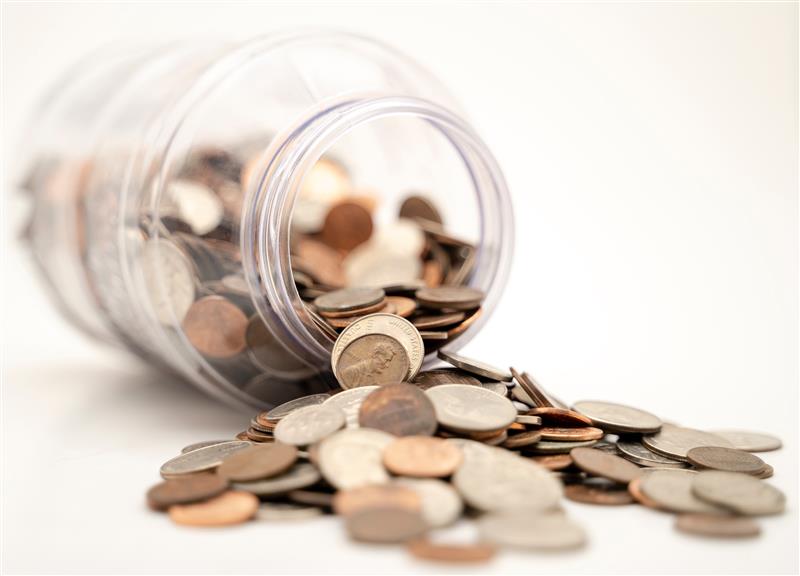How much money would you have if you would have saved every coin since you were born? If you simply saved a quarter a day for a year, you would have saved $91.25 per year. So, if you are 20, you would have a whopping $1,825 in your savings account right now … that’s if you didn’t touch it. It may not sound like much for 20 years, and obviously, you couldn’t start saving when you were born, but the point is that savings takes time and patience. Every penny really does matter when you are saving because it adds up over time.
But why is saving so important? Saving is important for emergencies, paying off debt, down payments for large purchases and so much more. You should begin saving money as soon as you can so you can be ahead of the process in the future. This helps with financial stress, also. When financial situations happen, this helps you from staying out of debt and not having to add on another payment every month.
Budgeting
When you begin to budget, its best to learn the 50/30/20 rule. This rule means 50% of income to “necessities” (housing, bills, etc.), 30% to financial “goals” (paying off debt, saving money, etc.), and 20% to “wants” (going out, shopping, etc.). This will help you begin to reach your financial goal whether it’s paying off debt or building a savings.
Savings Tips
Set Goals
- Begin by writing down what your financial goals are. Is it saving money for a car or a home? Emergencies? Travel?
- Write out a plan and budget your income.
- Get in the mindset of wanting to achieve your goal. Stay dedicated to your plan!
Debt Consolidation/Refinance
- Check with your local credit union and ask about refinancing your mortgage or auto loan. You could start by saving on your monthly payment or even get a lower interest rate.
- Do you have a lot of credit cards? Look into doing a debt consolidation loan to save on those monthly payments and interest rates.
Out of Sight Out of Mind Savings Account
- Open a savings at your local credit union that’s away from your personal checking. Keeping your savings away from where you swipe your debit card may make it less tempting to spend more.
- Be sure to check out the interest rates and see if you can start earning interest on your money.
Save Up for Big Purchases
- When you are about to purchase something for more than around $500, try to save up about half of it. Make the purchase with your credit card, and then, pay half. This way you aren’t putting yourself in too much debt.
- If you are saving for a vehicle or house, save around 20% of the total price before your finance.
Watch Your Spending
- Use cash instead of a card. It’s harder when you are handing over cash. It’s tempting to always swipe those cards.
- Save your change. Change adds up over time. Remember, 25 cents a day for a year is almost $100 per year.
- If you don’t like cash, see if your credit union offers round up debit cards and save your change electronically (hint…Element does!)
Track Your Spending
- Write down all your purchases. This will help you see how much you are spending constantly. Try to slow that down and analyze what you could cut down on spending.
- See where you are spending too much money on debt and how you can get those paid off quickly.
Prep for the Grocery Store
- Avoid the middle aisles. You don’t need to shop in the middle because they are full of unnecessary shopping items.
- Write a meal plan and make a grocery list for your meals.
- Buy in bulk for things you are constantly buying weekly to cut back on the grocery bill.

